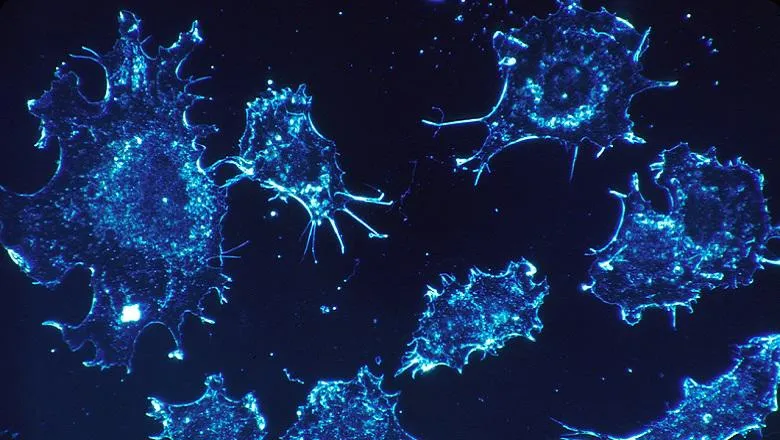
Dr Alexis Lomakin
Group Leader and King's Prize Fellow
Biography
Participating in the Fogarty International Research Collaboration Program, Alexis Lomakin obtained his PhD in Cell and Molecular Biology from Lomonosov Moscow State University (Russia) and the University of Connecticut (USA) under the supervision of Professor Elena Nadezhdina and Professor Vladimir Rodionov. Alexis was subsequently awarded a Leukemia & Lymphoma Society Fellowship to pursue his postdoctoral training in Quantitative Cell Biology with Professor Gaudenz Danuser at Harvard University (USA). As a Bruce and Betty Alberts Endowed Scholar in Physiology and a Milton L. Shifman Endowed Scholar at the Marine Biological Laboratory in Woods Hole (USA), Alexis complemented his training background by participating in the advanced interdisciplinary research training course “Physiology: Modern Cell Biology Using Microscopic, Biochemical and Computational Approaches” directed by Professor Clare Waterman (National Institutes of Health, USA) and Professor Dyche Mullins (Howard Hughes Medical Institute/University of California San Francisco, USA).
Upon completion of his postdoctoral studies in the USA, Dr Lomakin relocated to Europe with support from the Marie Sklodowska-Curie Actions Program and the French National Agency ‘Campus France’ to join the laboratory of Professor Matthieu Piel at the Institut Curie in Paris (France). As a senior research associate in the Piel laboratory, Alexis combined bioengineering and systems biology approaches to understand how tissue cells interact with their local microenvironment.
Dr Lomakin was recently awarded a King's Prize and London Law Trust Medal Fellowship enabling him to set up his independent laboratory at the Centre for Stem Cells & Regenerative Medicine, King’s College London (UK).
News
New research shows how cancer cells escape crowded tumour
New findings on how the cell nucleus behaves could help to predict treatment response and metastatic spreading of tumours.

News
New research shows how cancer cells escape crowded tumour
New findings on how the cell nucleus behaves could help to predict treatment response and metastatic spreading of tumours.

